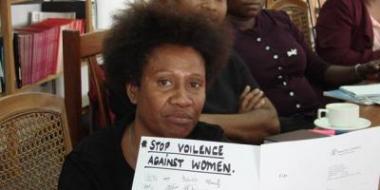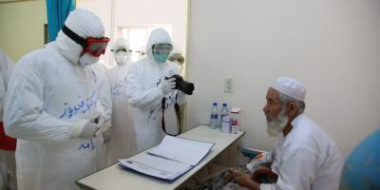Transforming Afghanistan’s Customary Courts
The weight of custom and the failings of the formal justice system mean most Afghans only access justice via informal dispute resolution mechanisms. With this in mind, IDLO has been assisting informal justice actors to perform their duties within basic legal standards and a human-rights positive framework.














